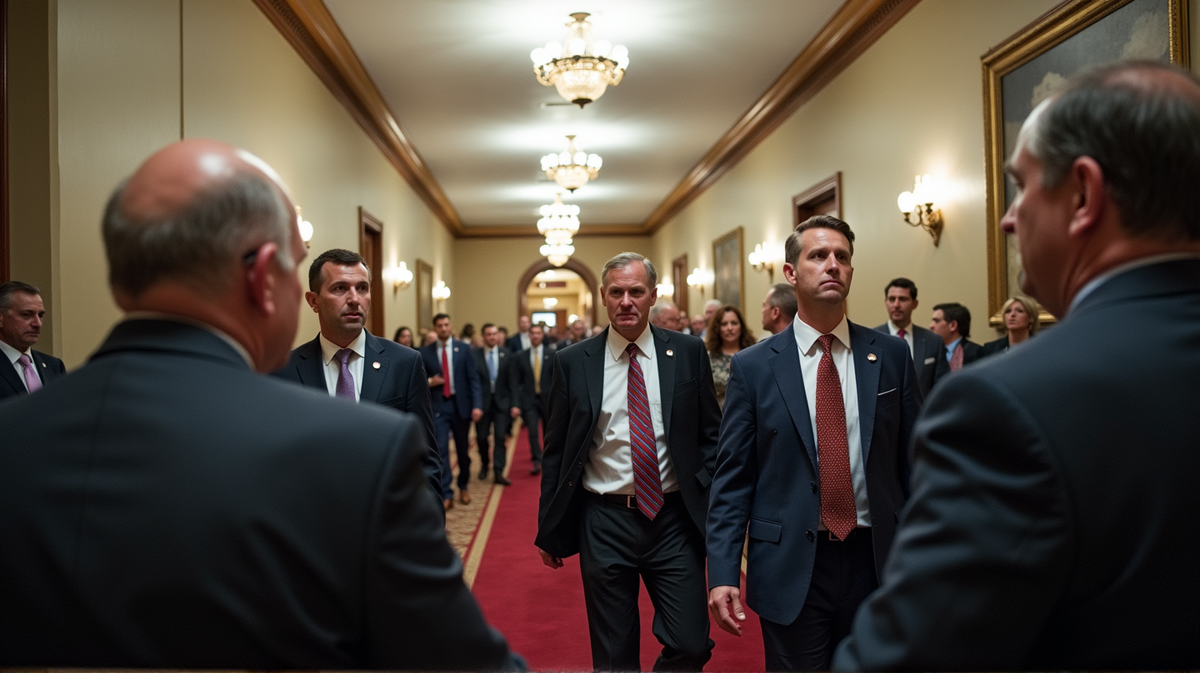Government Shutdown Crisis: Republicans Reject Democratic Proposal Again
The partial government shutdown reaches unprecedented lengths as Republicans dismiss a new Democratic offer, extending the stalemate.

A Political Gridlock Persists
The partial government shutdown persists, entering its astonishing 38th day as Republican leader John Thune swiftly rebuffs a Democratic proposal aimed at resolving the stalemate. Democrats, desperate to extend expiring health care subsidies, offer yet another compromise, seeking a path forward in this political gridlock. According to AP News, the ongoing dispute remains mired in entrenched positions.
Schumer’s Proposal Meets Resistance
Senate Democratic Leader Chuck Schumer proposes a compromise: reopen the government and extend health care subsidies simultaneously. Despite the offer of concessions, Republicans remain resolute in their demand to negotiate health policy changes only after reopening the government. This intransigence leaves millions affected by the shutdown, as bipartisan talks seem to be losing momentum.
Trump Wields Pressure
President Donald Trump intensifies pressure, urging Senate Republicans to abolish the legislative filibuster. He insists that such a move would quickly restore government operations, yet his Republican colleagues dismiss this radical approach. The President’s calls amplify divisions within his own party, as they struggle to unite on a strategic response.
Grassroots Democrats Push Back
Within the Democratic ranks, grassroots movements and allied organizations urge their leaders to hold firm. Many argue that recent electoral victories signal public support for their cause, demanding a meaningful resolution involving health care reforms. Yet, the impending expiry of health subsidies creates urgency, leaving Democrats at a crossroads.
The Uncertain Road Ahead
With another crucial vote looming, Democrats face a daunting choice: continue holding out for a comprehensive agreement or concede to a temporary reopening of the government. The outcome of upcoming legislative efforts will likely shape the political landscape leading up to this year’s end.
Frustration Rises as Time Drags On
Public frustration mounts as the effects of the shutdown ripple through the nation. Families of federal workers turn to charity services for essentials, while businesses contend with uncertainties in federal contracts. Lawmakers across party lines acknowledge the growing necessity to address these practical challenges, yet finding consensus seems an elusive goal.
In these tumultuous times, with political jockeying overshadowing urgent national needs, the question remains: how long will the American public endure this political impasse?





